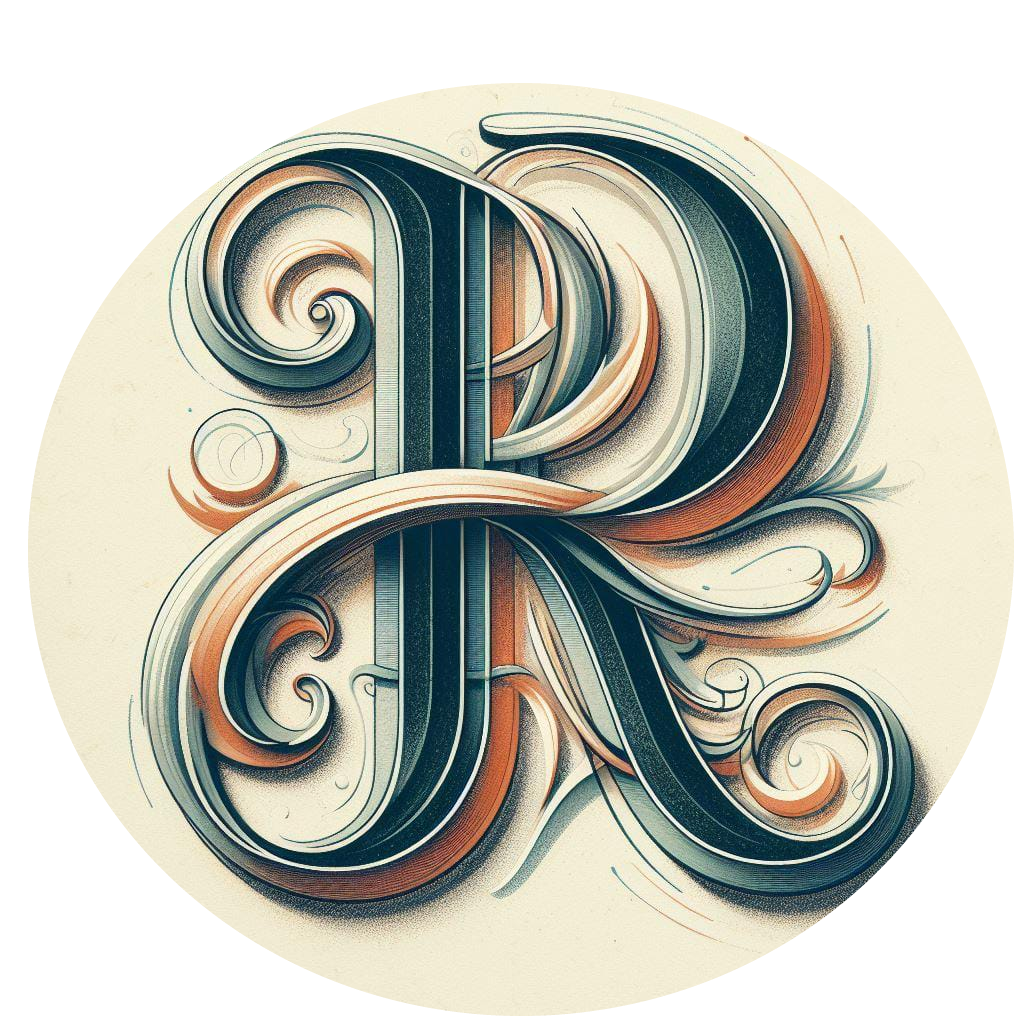Elder Care Technology
The field of elder care is rapidly evolving, with technology playing a crucial role in improving the quality of life for older adults. Modern elder care is being shaped by technological developments, person centred strategies, and intergenerational initiatives. The objective is to provide individualised, secure, and respectable care that takes into account both physical and emotional requirements while encouraging ageing in place when practical.
Here are a few straightforward examples of how the most recent information technology might be applied to elder care :
Remote Monitoring Systems : Remote monitoring systems allow caregivers and healthcare providers to remotely track the health status of older adults. This includes wearable devices, smart home sensors, and health monitoring apps. These technologies can monitor vital signs, activity levels, medication adherence, and detect emergencies or changes in behaviour, enabling early intervention and proactive care.
Fall Detection and Alert Systems : Wearable devices or motion sensors can detect falls and send automatic alerts to caregivers or emergency services. These systems provide a quick response in case of a fall-related emergency, ensuring that help reaches the elderly individual promptly.
Medication Management : Mobile apps or electronic pill dispensers can help manage medication schedules for elders. These tools can send reminders and notifications to take medications on time, reducing the risk of missed doses or medication errors.
Virtual Consultations and Telehealth : Telehealth services enable medical experts to conduct consultations over the internet. Video conversations with medical professionals can reduce the need for in-person visits, especially for routine check-ups or follow-up appointments, for elderly patients.
Caregiver Communication and Coordination : Caregiver apps can help family members or professional caregivers communicate and coordinate. These solutions allow for the exchange of updates, task assignments, and appointment scheduling, ensuring that everyone involved in the care is up to date and on the same page.
GPS Tracking Devices : GPS tracking devices can be used to monitor the location of elderly individuals, particularly those with conditions like dementia or Alzheimer’s disease. Caregivers can track their loved one’s whereabouts and receive alerts if they wander off or go beyond predetermined safe zones.
Voice-Activated Assistants : Voice-controlled assistants, such as Amazon’s Alexa or Google Assistant, can help with various tasks for elder care. They can provide medication reminders, set alarms, answer questions, and even offer entertainment or companionship through music, audiobooks, or interactive games.
Personal Emergency Response Systems (PERS) : Personal emergency response systems (PERS) are wearable or home-based gadgets that allow elders to summon assistance in an emergency. They can connect to a call centre or designated contacts with the click of a button, ensuring immediate assistance in emergency instances.
Memory Aid and Cognitive Stimulation Apps : Mobile apps designed to aid memory, cognition, and brain health can be beneficial for elderly individuals. These apps offer exercises, puzzles, memory games, and cognitive training programs, helping seniors maintain mental acuity and cognitive function.
Social Connection and Virtual Engagement : Technology can help seniors stay socially connected and engaged. Video calling platforms, social media, and online communities enable interaction with family, friends, and peers. Virtual activities, such as online classes, hobby groups, or virtual tours, offer opportunities for socialisation and learning.
Assisted Living Facilities : Assisted living facilities are residential communities that offer a range of support services for seniors who need some assistance with daily living activities. They provide a more independent living environment while still offering necessary care and supervision.
Robotic Caregivers : Care robots can assist with physical tasks such as lifting, mobility support, and personal care activities like bathing and toileting. These robots can reduce the physical strain on caregivers and supplement their efforts, allowing them to focus on more complex and critical tasks.
Implementing these technology solutions can enhance elder care by promoting safety, well-being, medication adherence, communication, and social connection. However, it’s important to consider the individual needs, preferences, and comfort levels of the elderly individuals when introducing technology into their care routine.
Finding the right elder care solution can be a daunting task, but it’s important to remember that you are not alone. There are many resources available to help you, and there are plenty of options to choose from. With a little research and planning, you can find the perfect solution for your loved one.
Note for Elder Person :
Before incorporating any of the mentioned technology solutions into your daily routine or living space, it is advisable to seek advice from expert healthcare professionals. While these technologies can be beneficial, it’s important to ensure that they are suitable for your specific needs and health conditions.
Remember, healthcare professionals have the expertise to provide personalised advice based on your unique health circumstances. By consulting with them, you can ensure that the technology solutions you choose align with your specific requirements and contribute positively to your overall well-being.
